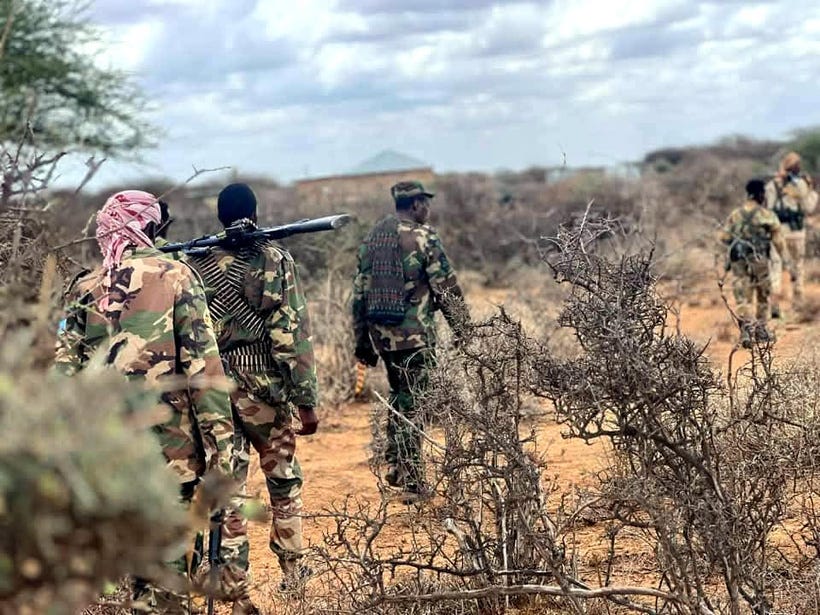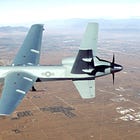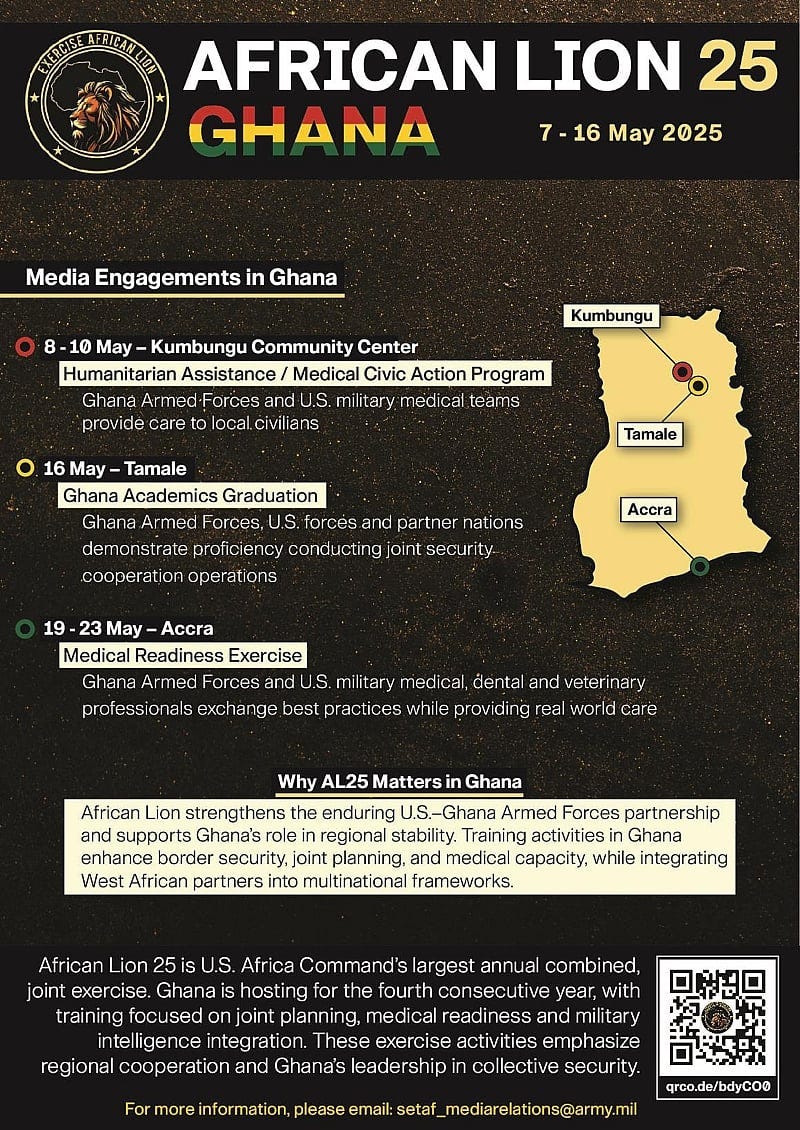U.S. Joint Military Operations In Africa Continue To Target Terrorist Groups, Enhance Regional Security, African Lion Exercises Begin
The Horn of Africa has been a hotspot for counter-terrorism since the early 2000s, with Somalia facing persistent threats from Al-Shabaab and ISIS
AFRICA—In May 2025, U.S. Africa Command (AFRICOM), in coordination with the Somalian military, conducted multiple airstrikes targeting ISIS and Al-Shabaab militants in the country, while the U.S. and Royal Moroccan Armed Forces launched the African Lion 25 exercise in Morocco.

On May 9–12, AFRICOM executed airstrikes against ISIS in Puntland, approximately 70 kilometers southeast of Bosaso, aiming to disrupt their operational capacity. Concurrently, an airstrike on May 12 near Dhusamareb targeted Al-Shabaab, supporting Somali counterinsurgency efforts.
In North Africa, African Lion 25 began on May 12, involving over 10,000 troops from more than 50 nations to enhance interoperability and regional security. Additionally, the Somali National Army neutralized terrorists in Jowle village, Mudug, highlighting local efforts against Al-Shabaab.
Acronym Index
AFRICOM: U.S. Africa Command
AMISOM: African Union Mission in Somalia
AQIM: Al-Qaeda in the Islamic Maghreb
ISIS: Islamic State
SETAF-AF: Southern European Task Force, Africa
SNA: Somali National Army
TSCTP: Trans-Sahara Counterterrorism Partnership
Historical Context
The Horn of Africa has been a hotspot for counter-terrorism since the early 2000s, with Somalia facing persistent threats from Al-Shabaab and ISIS. Al-Shabaab emerged in 2006 after the Ethiopian invasion ousted the Islamic Courts Union, gaining strength amid Somalia’s instability. ISIS established a foothold in Puntland by 2015, exploiting local grievances and strategic coastal access.
U.S. military engagement intensified post-2007, with AFRICOM conducting airstrikes and supporting the Somali government and African Union Mission in Somalia (AMISOM). Puntland’s proximity to the Gulf of Aden amplifies its importance for maritime security and counter-terrorism, as the region serves as a critical choke-point for global shipping routes, with over 30,000 ships transiting annually through the Gulf of Aden as of recent maritime data. This strategic location has historically made it a target for piracy and terrorist activities, prompting sustained international focus.









